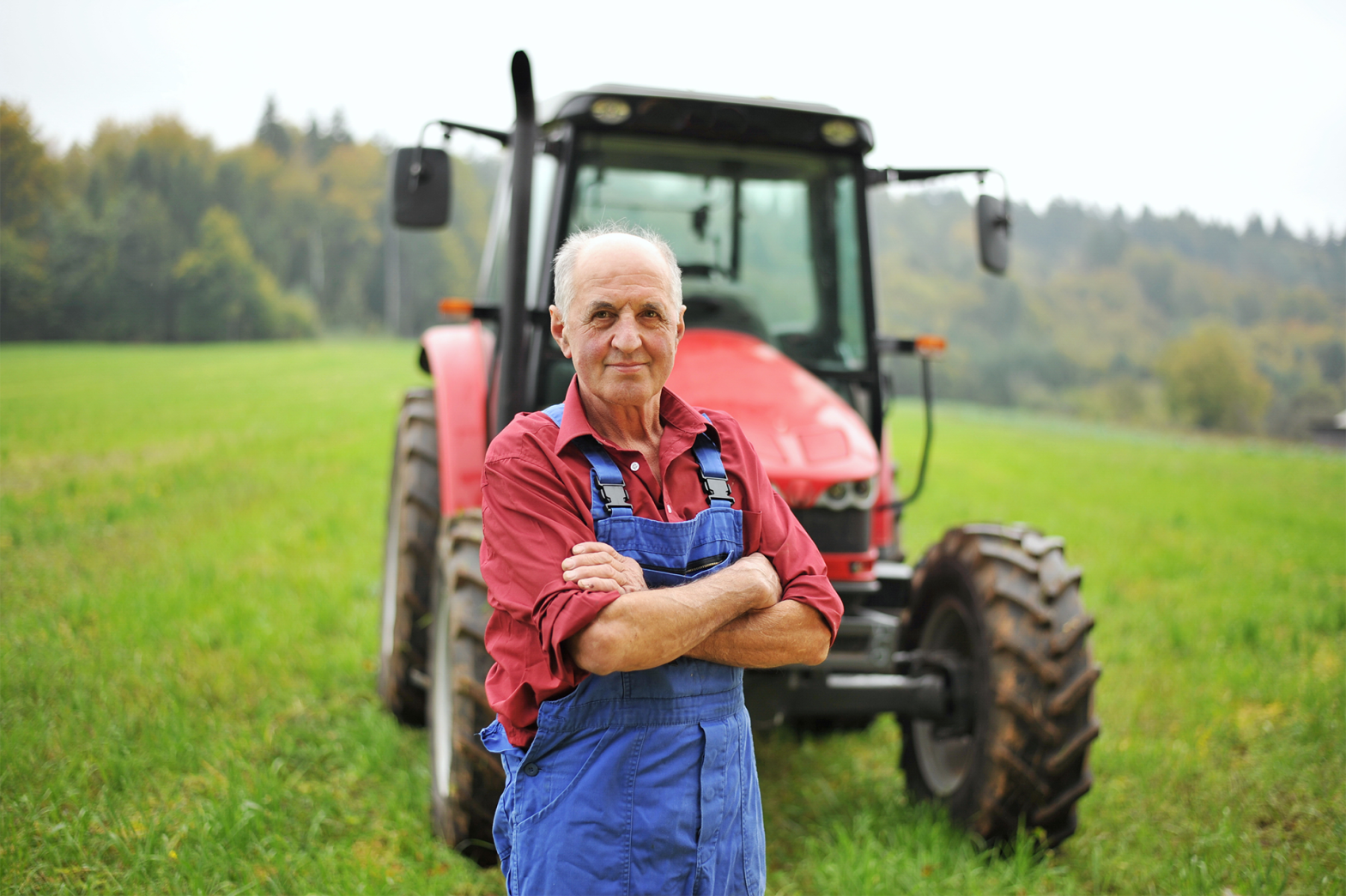All About The Tractor Tax

Warwickshire has always had a robust agricultural heritage. And although industry, including coal, played a vital part in Nuneaton’s history, farming also played a key role. The town’s most famous daughter, George Eliot, was born at South Farm on the Arbury Hall estate. Given the importance of agriculture to the local economy, it is little wonder that dozens of farmers took part in a tractor protest through Warwick and Lemington Spa in January over concerns about the Government changes to the inheritance tax rules that take effect from 6 April 2026. It is not the first time local farmers have protested strongly against government policy. In 1872, Warwickshire agricultural workers went on strike to gain fair wages, and their actions led to the formation of the National Agricultural Labourers’ Union.
What are the changes to Agricultural Relief and Business Relief coming in on 6 April 2026?
Agricultural property relief (APR) is a type of inheritance tax relief. Business property relief (BPR) is similar, but for business assets that are part of the estate. Together to pass down farmland and associated business assets tax free, as each relief can be as high as 100%.
As part of the action plan to plug the alleged public finances £22 billion black hole, Chancellor of the Exchequer, Rachel Reeves, announced in the Autumn Budget that the 100% APR and 100% BPR reliefs will be capped at £1 million from 6 April 2026. Once the £1 million relief at 100% has been exhausted, any further relief claimed will be reduced to 50% (instead of 100% as is currently the case). In practice, this means assets that would have achieved 100% (and would have been free of tax) would end up seeing an exposure of tax – resulting in an effective 20% inheritance tax charge on assets that were previously entirely tax free. Whilst a proportion of this tax exposure can be settled via instalments over a 10 years period, this is generally limited to the tax due on land and property. The new cap in relief is apportioned between your various assets achieving BPR and APR (i.e. it is £1 million in total for all assets achieving APR and BPR, and not £1 million for APR and £1 million for BPR).
How will farmers be affected by the new inheritance tax?
The Government estimates only around a quarter of farms will be liable for inheritance tax after all the tax free benefits are accounted for.
For example, if a married couple jointly own a farm, they will be able to pass on land and property valued up to £3 million to a child or grandchild tax free. This is made up of:
- £1 million, where they combine their standard £500,000 tax-free allowances (£325,000 for nil-rate band + £175,000 for residence nil-rate band
- £2 million, made up of £1 million tax-free allowance each for APR/BPR.
It should be noted though that even with this example given, it is not as simple as it seems – and you would need to review your Wills to make sure the same make the most of the various allowances available to you. That is true now and will be particularly true when the changes are introduced. For example £350,000.00 of the allowances referenced by the Government are dependent on the estate having a value of less than £2,000,000 which may not be the case.
The estimate of one quarter of farms being affected by the APR and BPR changes has been disputed by the Country Land and Business Association (CLBA). It believes around one third (700,000) of farms will have to pay inheritance tax. The reason for the vast discrepancy is that the Treasury’s figures are based on how many farms per year could be affected, whereas the CLBA based its calculations on the total number of farms that may have to pay tax they would otherwise have been relieved from.
Farming groups also point out that many farms turnover so little that they would be unable to cover the tax owed, even within the 10 year timeframe.
What can farmers do now to prepare for the changes?
The most important thing to do if you are concerned about the impact of the new ‘Tractor Tax’ as it is (not so) fondly known is to contact your Private Client Solicitor. They will review your estate and provide valuable advice on what, if any, changes need to be made to reduce your tax burden. This could include:
- Reviewing and updating your Will(s)
- Setting up a Family Limited Partnership (FLP) or a Family Limited Liability Company (LLC). These allow you to transfer wealth while retaining control over the property and assets.
- Gift some of your money during your lifetime. Gifts made at least seven years before your death are generally exempt from inheritance tax.
- Utilise trusts to minimise inheritance tax. This can be complicated, but your Solicitor can advise you on the best type of trust to set up, the duties and responsibilities of the Trustees, and trust administration.
Getting legal help
It is very important you obtain advice now, as there may be arrangements available to protect your farm and your family’s wealth before changes to APR and BPR come into play. We are based in rural Warwickshire, and we have many farming clients who have been with us for generations, as our firm has roots back to the 19th century. You can trust that we have the expertise and experience to help you through this fundamental change in how your farm and its assets will be taxed in the near future.
To talk to us further, please do not hesitate to contact us to make an appointment.
![Chamber Commerce [company-city] Logo](/wp-content/uploads/2022/09/chamber-of-commerce-logo.png)








